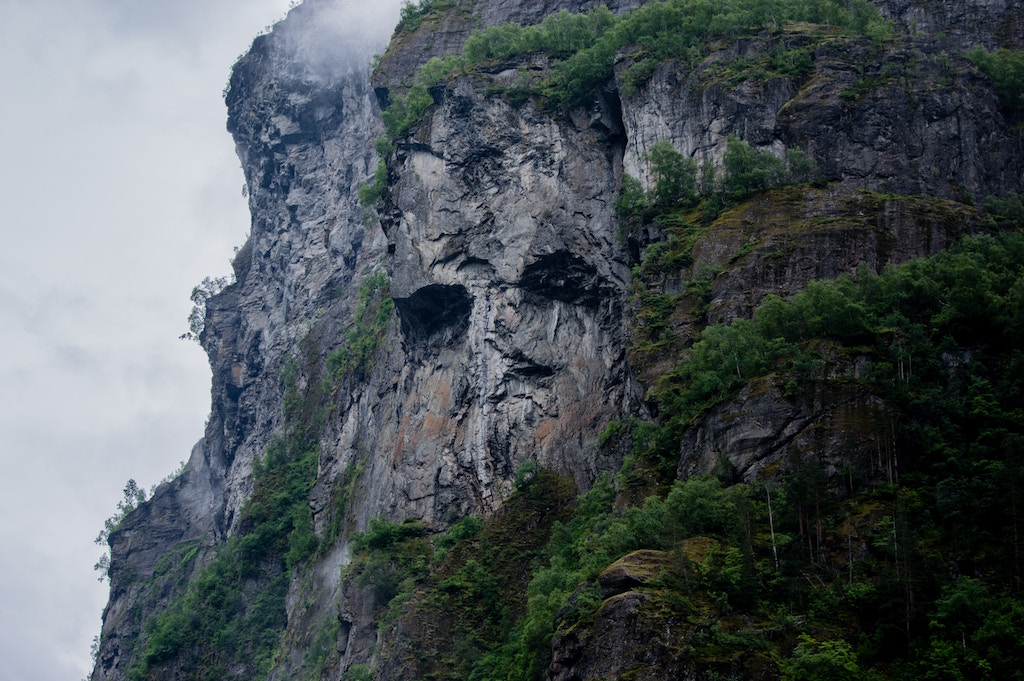“The Secret Life”
 The Secret Life
The Secret Life
It happens on an airplane, a bus, a subway car, a foreign train,
even in the theater before the previews come on or the house lights go down,
before some writer—acclaimed and famous, or whose name
you’ve never heard before—starts in with a startling examination
of the secret life you can’t easily articulate to yourself
and half the time are glad you can’t. But before any of that happens
you’re out in the unpredictable world, and some woman or man
is close enough to touch, or at least study with impunity,
and what binds you like a spell is something like the symmetria
of Polyclitus: a face so pre-possessing, so proportionate and marble-smooth,
at first you can endure it only in its particulars—
the bridge of the nose, the ripple of a lip, how perfectly
each brow crowns each mesmerizing eye. At the Louvre one day
Rilke saw the ruin of a youth he assumed was Apollo—a radiant torso
sans head or arms or legs—and it was enough to remind him
of his limitations: he had to change his life. So imagine how it is
when a breathing divinity is close at hand, oblivious
to your helpless scrutiny, reading a magazine, or staring down
the blank screen of a phone. Who in the world would keep beauty
waiting? Someone who doesn’t care for a world
where beauty is an unopposed tyranny. Someone on the fringe
of the fans who purr over the currently designated idol,
gushing that they would do anything for him, for her, anything
at all—someone who remembers that “fan” is short for “fanatic”
and would rather worship an unblemished wall. To look
and not desire, that’s the trick—one that Rilke himself aspired to,
though late in his short life, the leukemia like a fire
burning out his will, he was forced to admit
he had done nothing but desire. A few more moments
and her stop arrives, or he gives up his seat and moves to the back,
or the house lights go down . . . And soon enough
there you are, your face by Picasso, your body by Giacometti
or Renoir, walking into a room that has been waiting for you,
someone says hello, someone you know too well
or not well enough—or nothing but the faces of the hour
greeting your uncelebrated face—and you settle into your chair
or couch or bed, unchanged from the day before, and the day before that,
with the rest of your life staring back at you.
—
Thomas Centolella has published four books of poetry, the most recent being Almost Human, winner of the Dorset Prize from Tupelo Press. His other books include American Book Award-winner Terra Firma, California Book Award-winner Lights & Mysteries, and Views from along the Middle Way, all from Copper Canyon Press. He has received the Lannan Literary Award and has been a Stegner Fellow at Stanford University. He has taught creative writing & literature for many years in the Bay Area. He lives in San Francisco.
